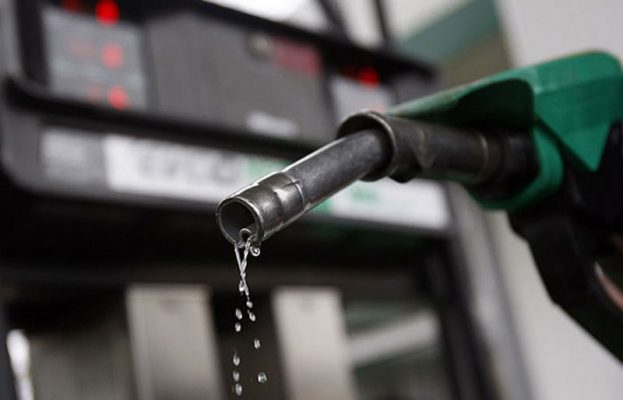
The recent increase in the cost of Premium Motor Spirit, commonly known as petrol, has been attributed by marketers to the devaluation of the naira and the current surge in crude oil prices.
The Chairman of the Major Oil Marketers Association of Nigeria, Olumide Adeosun, during a media workshop on Wednesday, said the international price of crude oil and the exchange rate constituted the largest components of the cost build-up for petrol, accounting for over 80 per cent.
He stated that the remaining 20 per cent included statutory dues, distribution costs, and margins.
MOMAN’s reaction comes on the heels of NNPCL increasing the pump price of petrol to N614 per litre on Tuesday.
According to him, deregulation promises a transparent and level playing field where cost-reflective prices are evident at fuel stations.
“In a liberalised market, the pump price of PMS should accurately reflect the current economic realities,” he noted.
“We can infer from our calculations in May that the Nigerian National Petroleum Company Limited determined its pump price using an exchange rate of about N630 to the US dollar, while banks reported an exchange rate of approximately N650 on the Investors and Exporters window.
“As of today, the liquid exchange rate is close to N825 to the dollar. This devaluation adds N100 to the cost of importing a single litre of PMS into the country. Consequently, an increase in the pump prices of petrol should be expected,” he further explained.
He, however, added that in the spirit of transparency, MOMAN advocated for the three tiers of government, as well as the private sector to introduce palliative measures to support less privileged individuals in society, who had been affected by the current hardship.
“This process necessitates operators and regulators to engage the public transparently, earn public trust, and foster fair competition that ensures full value for customers at the fuel pumps. We commend the authorities for their urgent efforts in opening the market, allowing various players to import petroleum products into the country,” Adeosun continued.
According to him, market liberalisation and the commitment to a level playing field should enhance operators’ efficiency, enabling them to offer competitive pricing choices to the public.
“Some operators have successfully imported PMS into the country, marking the first practical step towards a liberalised market. However, the major challenges still lie in accessing foreign exchange for imports and ensuring a level playing field regarding pump prices.
“If marketers are undertaking the financial risk of importing petrol, measures must be in place, in line with the Petroleum Industry Act, to ensure that no one player has an unfair advantage,” he added.





